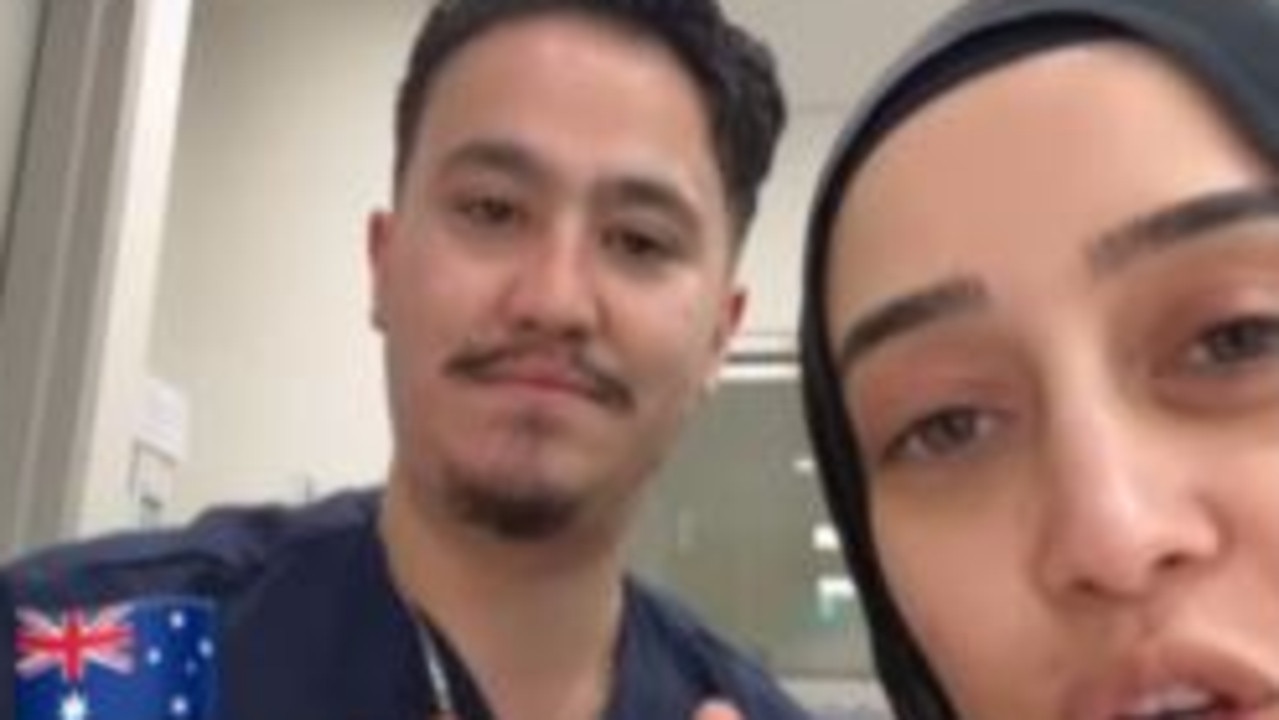Massive problem with ‘street diagnoses’ of ADHD as condition skyrockets across Australia
For years, Gary Nunn was told by family, friends and strangers that he had a common condition – and it’s part of a very dangerous trend.
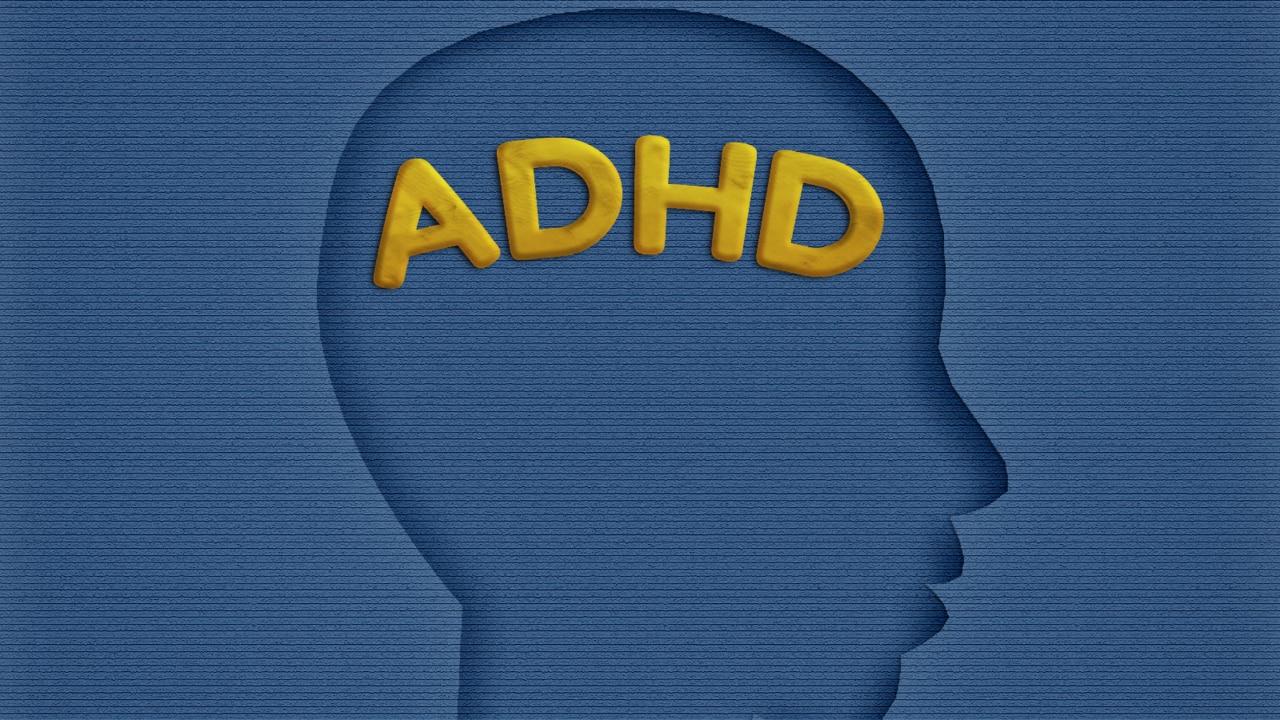
Health
Don't miss out on the headlines from Health. Followed categories will be added to My News.
My sister always says I have it, to my staunch denials.
A best mate recently self-diagnosed both of us.
Sometimes work colleagues have said they “know” I have it.
Recently a friend of a friend “diagnosed” me with it upon our first ever meeting.
What do all these people have in common?
None of them are qualified to tell me I have ADHD. None of them are psychiatrists.
Not only is there an upswing of genuine official psychiatrist diagnoses of this seemingly ubiquitous condition, I’ve noticed an explosion of what I call “street diagnoses” – those self-diagnosing and diagnosing their mates – without any of the training or qualifications of a certified, credible professional.
Defensive
On the (numerous) occasions someone’s suggested I have ADHD, I’ve become prickly.
Aside the fact I hadn’t been officially tested, I was also dubious about the shonky criteria on which they offered their unsolicited street diagnosis.
If I had that “deficit”, would I be able to regularly read books? (I did an English Literature degree and have read for pleasure ever since). I even recently wrote one. It required long days using enormous stores of discipline and focus. Does that suggest a deficit to you?
At this point, they’d usually back away slowly, apologising.
Why would I get so defensive?
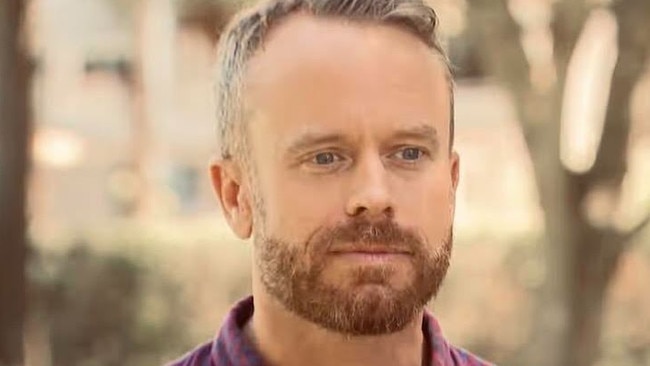
It accuses me of not properly listening. It’s literally my job as a journalist to pay acute attention to every nuance of what is – and crucially, isn’t – being said. Ironically, I almost always feel I’m paying closer attention than the person accusing me of having ADHD.
It’s happening more than ever.
At a picnic, I was introduced to a recently diagnosed woman. At the end of the picnic, she grabbed both my hands and said she was “drawn to me” because she was almost certain I had it, that “only the most interesting and engaging people have it”, and that she had “ADHD-radar”.
The most creative people I know are, increasingly, telling me they have it.
But how do they know? A google search? Or a proper test?
Doubt
I don’t want to play into the hands of ADHD doubters and detractors, nor increase stigma.
As a journalist, I’m also sceptical of this culture of over-diagnosis we’re living through, where everyone seems to want to place themselves on a spectrum of disorder.
I’d resisted getting tested because I don’t feel disordered or inattentive. I’m just Gary.
But as people suggested I had it, I started wondering if I’d been in denial.
Those creative people getting diagnosed – street or official – were my kindred spirits; I saw so much of myself in them.
Here’s what I haven’t told you about that recently diagnosed woman at the picnic – it was like she was the only person there in a circle of six. I was as drawn to her as she said she was to me.
“Is it like I’m the only one here?” she asked. I told her it was like she could read my mind. “That’s common amongst the ADHD community,” she said. It gave me pause.
Furthermore, I wondered if I’d misunderstood the intricacies of the condition. Those street diagnosers asked if I’d considered the very things I thought discounted me from having ADHD may be symptoms of it: the sporadic need-driven hyperfocus; the deadline driven work ethic; the low boredom threshold drawing me into a novelty-obsessed but detail-driven profession like journalism.
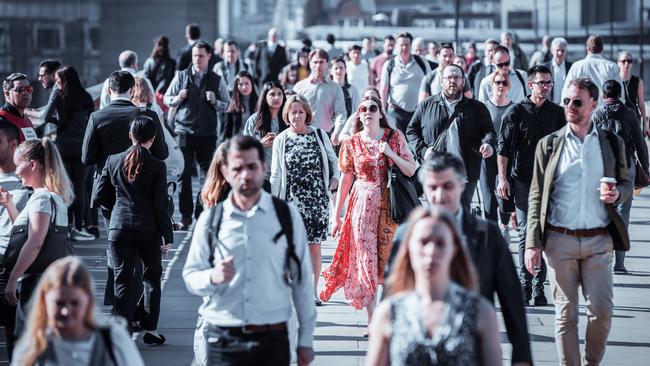
There was only one thing for it. I’d journalism my way through this dilemma. I’d read up more about it, speak to people with it – and finally get tested myself.
Partly so I had an accurate riposte next time an unqualified person street diagnoses me. But also so I could learn more about myself, and if I could make myself more productive, even more engaged, and better at dealing with my admittedly varying energy, attention and focus levels.
The test
I booked in to see a top Sydney-based psychiatrist for testing. It cost me $530 with a Medicare rebate of $237.45. The waiting list was six months long.
During that long waiting time, I began researching – to unseat any myths I’d absorbed along the way – and decide what exactly it was I wanted from a diagnosis.
The bible on neurological conditions, the Diagnostic and Statistical Manual of Mental Disorders, listed some symptoms I recognised: spontaneity, lack of impulse control, sexual promiscuity, discomfort sitting through meetings, binge drinking, substance misuse, overreacting to frustration. But the more suspicious and cynical side of me thought, ‘you’ve just described many gay men under 45’.
My sexual orientation comes into play, I think. As a gay man, growing up, I resisted the stoic stereotype of the strong, silent male.
My perceived flamboyance, chattiness and hyperactivity is usually just euphemistic code for somebody who hasn’t met many gay people to say “you’re not like most normal men”. It sometimes irks me. I’m hardly doing high kicks in between sips of tea. I’m just loquacious.
Then I see home video footage of me aged nine, filmed thirty years ago.
It’s hard to see me as anything other than ADHD. I’m clearly very different from any other kid my dad caught on camera. I sing, dance, direct the cameraman (dad), flirt with the camera lens, perform, refuse to sit still and have a hungry, insatiable curiosity – all within five minutes of footage.
I’m constantly wrestling with that questioning voice that asks: “Isn’t that just me being a boy?”
Perhaps not your average one. I started to feel like my ‘difference’ was being pathologised, medicalised as a disorder, something that needed curing. I became defensive again.
Before getting tested, I had to ask myself the difficult question – has my high-energy nature, and even my sexual orientation as a gay man, been conflated with this disorder, or have I been in complete denial?
I conceded that, if I’m honest with myself, my smartphone addiction has changed my brain and has, frustratingly, reduced and sadly capped the amount of time I can sit reading a book. But isn’t that anyone under 65? It seemed to me much of this is environmental, technological.
I absorbed everything related to ADHD with a – perhaps ironic – laserlike and dogged attention: Em Rusciano’s groundbreaking Press Club address, the national guidelines being released on it, media on it and books or podcasts related to attention: ADHD Does Not Exist by Richard Saul, The ADHD Fraud by Fred Baughman and Stolen Focus by Johann Hari.
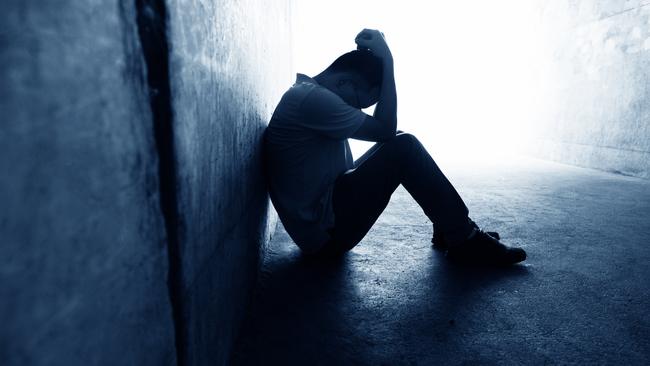
Finally, I listened to the broader ADHD community. Some trusted the experts; others were gently suspicious of them, describing them variously as medical gateholders from outside the neurodiverse community telling you about yourself, and even as highly paid professionals profiting from the explosion in interest in and diagnosis of the condition.
My recently diagnosed friend Helen* – one of the most creative people I know – left me with the words that’d stick with me the longest.
She explained how harmful it was to have people cast doubt over your diagnosis (by indulging the overdiagnosis myth – charity ADHD Australia says the condition is actually underdiagnosed) – and that her productivity doubled since going on the meds.
Ultimately, I was building to an uncomfortable question interfering with my science-loving mind: how much would I trust the expert’s assessment of me? How quickly are we medicating away personality quirks, replacing creative flair and energy with sterile, robotic utilitarianism?
I think I was scared of being told I had it.
News.com.au is asking all Aussies the questions that really matter in The Great Aussie Debate. From serious to silly, these are the issues that divide Australia and we want to know what you think.
My results
Armed with all this information, I went along to the test involving two hours of interrogation, raw reflection, school reports and thoughts from mum about my childhood.
I answered honestly. At one point I became unexpectedly emotional and was handed tissues by my apologetic psychiatrist. Then I discovered my result.
I am an “equivocal case”, I was told. I certainly have the ‘H’ – elements of hyperactivity – but ranked slightly lower on the spectrum for inattention – although, like anyone with an internet connection, I do have elements of that, too.
“Gary presents with an interesting confluence of problems,” my psychiatrist writes in his summary report.
“He seems to be describing a longstanding combined subtype of ADHD,” which, he says, is characterised by hyperactivity and impulsivity, and some level of inattention.
Treatment
I was offered numerous ‘solutions’ – including a prescription for dexamphetamine with a recommended second opinion from another psychiatrist.
I was offered a prescription to Strattera as an alternative – the only non-psychostimulant drug specifically for ADHD in Australia, which moderately inhibits serotonin and dopamine uptake.
There were also non-medical alternatives I was sent information on, including an ADHD life coach and ADHD therapist.

My decision
I’m declining all medication.
My hyperactivity, my spontaneity: these are the very things that make me, me. They’re the traits people sometimes say they like about me. They’re what drew in the woman at the picnic.
I’m owning them. I have a clearer than ever sense of who I am.
As I mainly have the ‘H’ in ADHD, and am an “equivocal case”, I can finally say to those street diagnosers: stop telling me I have ADHD. Stop telling anyone they have it.
A genuine diagnosis could deter self-harm, end a substance misuse problem, transform a life. That should only come from a trained, accredited professional.
I’ll never doubt nor discredit someone with a psychiatrist-given diagnosis and I acknowledge the fact that not everyone can afford this, which means official diagnosis is uncomfortably dependent on privilege.
If someone has the symptoms, they can suspect they have it, and I’ll take them at their word. But stop street diagnosing me.
We’re diagnosing each other without the proper tools or training, and convincing perfectly ordinary people that they’re neurodiverse or disordered.
I’m neither of those things. I’m just Gary.
Sometimes hyperactive. Often spontaneous. I plan to stay that way.
*name changed
For more information and support visit ADHD Australia
Gary Nunn is a freelance journalist. Follow him on Twitter @garynunn1
Originally published as Massive problem with ‘street diagnoses’ of ADHD as condition skyrockets across Australia



